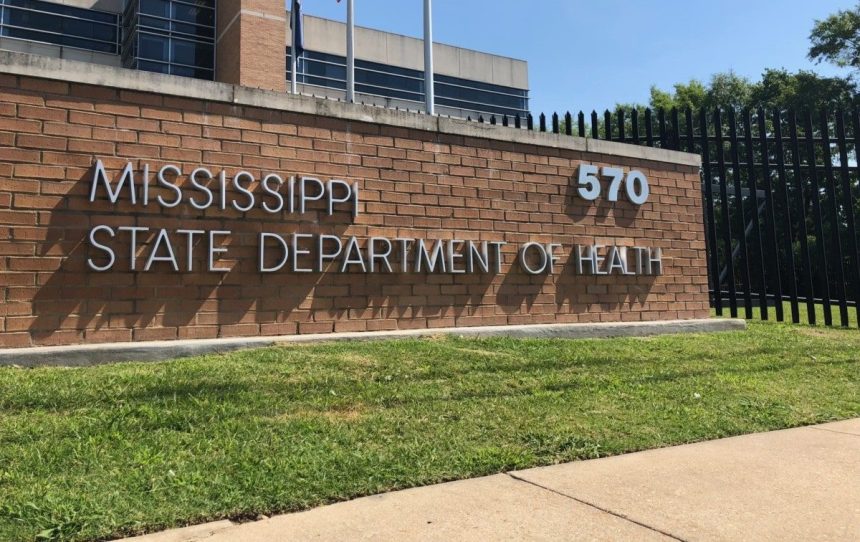Another COVID-19 variant has been identified in Mississippi.
A case of the South African variant is being confirmed by the Mississippi State Department of Health, making Mississippi the 26th state to see a case of the strain. The case was identified in Harrison County.

During the announcement, State Health Officer Dr. Thomas Dobbs stated that this strain has shown to be slightly more resistant to the Johnson & Johnson vaccine. He clarified that while its impact on preventing symptomatic illness may be lessened, the one-shot vaccine still offers “robust protection” against severe illness, hospitalization and death. Initial evidence shows that the Moderna and Pfizer vaccines do have “largely retained activity” against the strain.
With that said, Dr. Dobbs and State Epidemiologist Dr. Paul Byers urge you to get whichever vaccine is available to you while continuing to wear a mask while in public, avoiding large gatherings and practicing social distancing.
“A strong reminder that we are not remotely out of this, and we still need to exercise some basic caution,” Dr. Dobbs said of the identification of the strain.
The South African strain does appear to be more contagious than the original strain, but health officials say it doesn’t appear to be more deadly, unlike the UK variant which was confirmed in Mississippi back in February. Since then, 10 cases of the UK variant have been identified by MSDH. All three available vaccines remain effective against the UK strain, according to Dr. Dobbs.
Dr. Byers noted that the MSDH’s surveillance efforts regarding variant strains continue to ramp up.
The state’s top health experts continue to stress the importance of getting vaccinated as first dose appointments remain available at covidvaccine.umc.edu. All Mississippians 18+ can sign up for an appointment at any site. Eligible patients aged 16-17 will not be able to schedule a vaccine appointment through the online scheduler. In order to be directed to the appropriate site, please contact the COVID-19 Hotline at 877-978-6453 to schedule an appointment, or contact your primary care provider.







